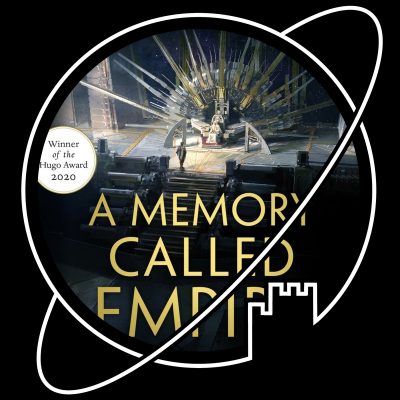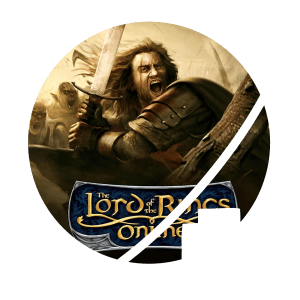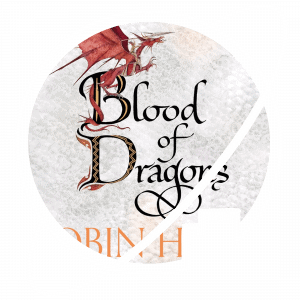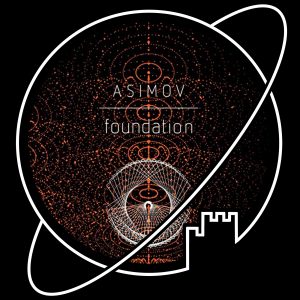- Book written by Arkady Martine
- Published 26 March 2019
- Part 1 of the Teixcalaan Duology
Lsel is a small space station on the edge of the gigantic interplanetary empire of Teixcalaan. When the Lsel ambassador to Teixcalaan disappears, Mahit Dzmar is sent to replace him – carrying a version of his memories fifteen years out of date in her mind. When she arrives, she finds that her predecessor didn’t just disappear, and she is sucked up in the politics and poetry of the Teixcalaanli court as she investigates his death and the secrets he took to his grave.


Listened to the audiobook with Amy Landon. She does a great job reading it but in general this is a book I would recommend reading on paper – I felt like going back and double checking things just a bit too often.
A Memory Called Empire is probably the best (new) book I’ve read in over a year. I’m recommending it to people left and right – and now I’m recommending it to you.
A Memory Called Empire is an intriguing mix between a political thriller, a cyberpunk detective mystery and a character-driven sci-fi drama. That may seem a lot, but what makes the book brilliant is that it is very lean in its choices – the worldbuilding, for example, is relatively minimal. It is deep where it needs to be and cursory where there is no more than a fleeting mention: there are no infodumps, just tantalising snippets in the pre-chapter codices. There isn’t a tonne of action, but just enough to keep up the pace and thrill. The character moments are far enough apart not to slow the story down but close enough together to keep you growing closer to the characters. Perhaps most importantly, Martine keeps revealing little bits of the central secret all the way through, at exactly the right pace (for me) to keep me hooked constantly.
In addition, in true science fiction fashion, the book explores a very interesting premise – what would happen if people in certain roles could carry the memories of their predecessors with them. The idea of Lsels ‘imago lines’ and some of their implications is evocative and intriguing, and makes me want to read more books in the same universe to delve deeper into the topic.
Finally, there is a fascinating undercurrent of loving and hating the culture of a conqueror – perhaps not an experience particularly near to me, but I am sure there are plenty of people in this world that, like Mahit, have lived their live studying a culture that is at once both beautiful and oppressive.
All in all, A Memory Called Empire is an incredibly well-written book that works on multiple levels. Yes, the politics take some wrapping your head around. But unless you really dislike that kind of reading, I would recommend you give this book a shot. Well deserving of the Hugo!











